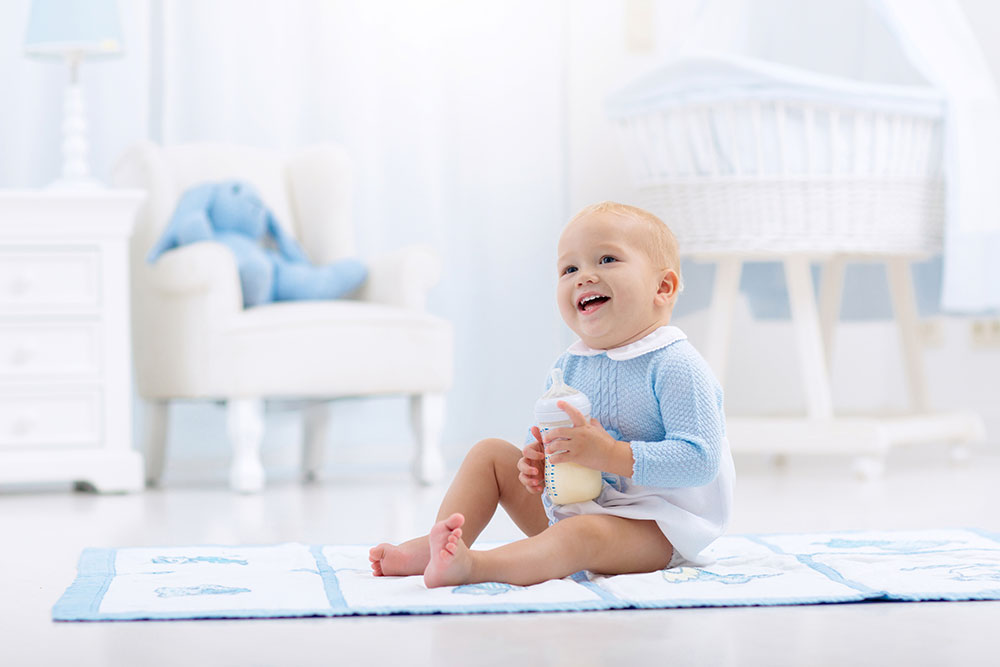
How to Keep Baby Teeth Healthy
Although it can be difficult when your baby starts to teethe, it is exceptional and memorable as they get their first teeth. Teething will begin with the lower front teeth around 5-10 months old. After the lower front teeth erupt, you can expect to see the upper front teeth, the canines, and the molars. On average, lower teeth will come in a little before upper teeth, and girls may get their teeth before boys. You should expect your toddler to have a complete set of baby teeth by 2.5 years old, give or take a few months.
Why are baby teeth important?
“They’re just going to fall out!” We’ve all heard this saying before, but baby teeth play a significant role in the formation and development of adult teeth and in keeping your child healthy and happy throughout their toddler years. Healthy baby teeth help your child bite, chew, speak and smile and ultimately lead a more comfortable life free of pain. Baby teeth act as the space holders for adult teeth, meaning that if a baby tooth is lost prematurely, the future adult tooth has a higher chance of erupting in the wrong position, causing crowding and misaligned teeth. Cavities on baby teeth can also lead to infection, which can transfer to adult teeth.
How to keep your child’s teeth healthy
- Begin brushing your child’s teeth at the first sign of erupting using an infant toothbrush with soft bristles and water
- Never put your baby to bed with a bottle of milk or juice, only water.
- Brush your child’s teeth after nursing snack and before bed
- Try to eliminate the soother and thumb-sucking habit around the age of 2.5 to prevent problems with their jaw and bite formation.
- Begin with fluoride toothpaste around the age of 3 with just a small size, about a grain of rice, and try to make sure they spit the toothpaste out
- Reduce your child’s sugar consumption. Try to rarely give them sweet drinks, candies, cookies and even crackers – any sticky, sugary foods will get stuck in their molars and cause cavities.
- Take your child to the dentist for routine check-ups and cleanings.
If you have any questions about keeping your child’s teeth healthy, we encourage you to book an appointment; we’d love to meet your little one!
